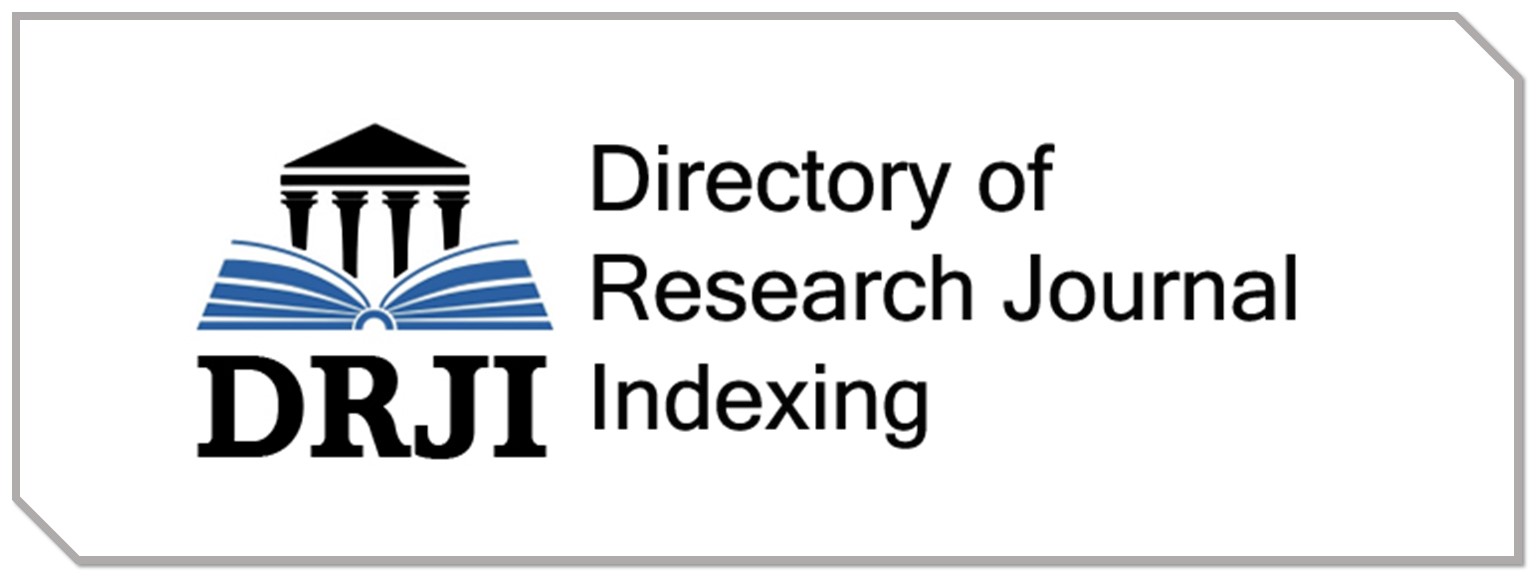Between-Language Competition in Early-Learner Bilinguals
Keywords:
bilinguals, direct impact, bilingualismAbstract
In this article, an overview of the current state of the problem of plastic changes in the brain in connection with learning a foreign language is presented. A connection is made between language learning and bilingualism, a widespread phenomenon in the modern world. Recent research indicates that learning and using additional languages has a direct impact on a person's overall cognitive functioning, the mechanisms of which are little known. In this regard, one of the pressing neurobiological problems of our time is the mechanisms of interaction of languages in the bilingual brain and their influence on speech and non-speech functions of the brain. Despite the large amount of experimental material on this problem, the data remains contradictory and many authors question the existence of such an advantage. A possible reason for the discrepancies is the great heterogeneity of bilinguals as a group. The importance of studies of cognitive control in bilinguals using various groups of bi- and multilingual subjects is emphasized.










